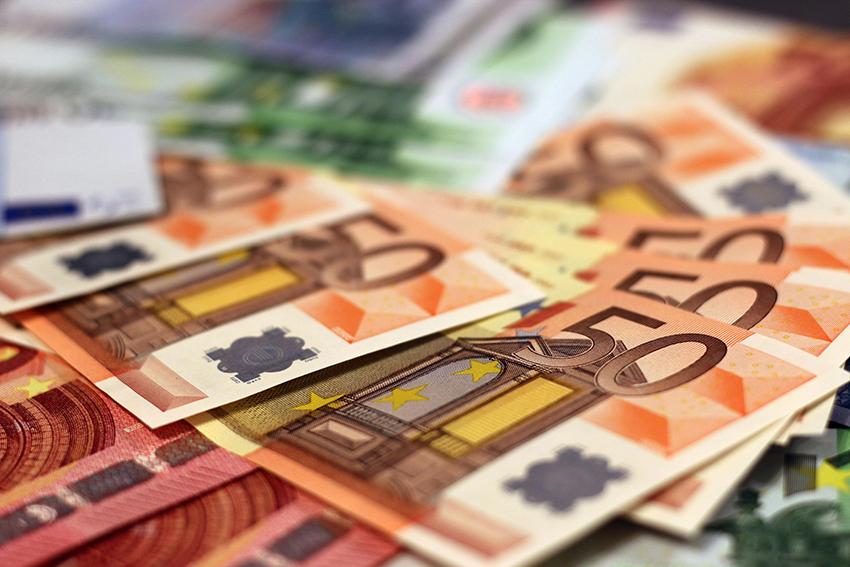Early decision on Euro adoption needed, Czech Minister states amid ongoing debate
As discussions over the potential adoption of the euro intensify, Czech Agriculture Minister Marek Výborný (KDU-ČSL) emphasized today that any decision on joining the eurozone should ideally be made at the start of the new parliamentary term. Speaking before a cabinet meeting, Výborný highlighted the need for early political consensus to ensure the process can be completed within the term. However, Transport Minister Martin Kupka (ODS) underscored that adopting the euro is not a guaranteed path to economic growth, suggesting instead that the government should focus on other economic strategies, including reducing the budget deficit.
The coalition government, which includes ODS, TOP 09, and KDU-ČSL, began considering euro adoption at the start of the year and tasked the National Economic Council of the Government (NERV) with analyzing the potential benefits and drawbacks. Ministers reviewed NERV’s findings last week. According to Výborný, any decision on the euro requires substantial public and political support, which he noted has yet to be solidified.
Kupka reiterated the need for diverse economic tools, warning that simply adopting the euro won’t automatically drive prosperity. He also pointed to the importance of avoiding prolonged participation in the ERM II exchange rate mechanism, which is required before adopting the euro, citing potential economic risks.
In addition, Výborný raised concerns about banking integration, stressing that the Czech Republic should not be required to join the EU banking union prior to introducing the euro, due to implications for financial oversight.
A longstanding commitment dating back to 2004 requires the Czech Republic to adopt the euro eventually, though it has yet to set a definitive timeline. Among the EU countries that joined at the same time, only Poland, Hungary, and the Czech Republic have not introduced the common currency. Alongside ERM II participation, euro adoption requires meeting criteria on inflation, interest rates, public deficit, and debt ratios—targets the Czech Republic may meet this year following prior shortfalls.
Source: CTK









